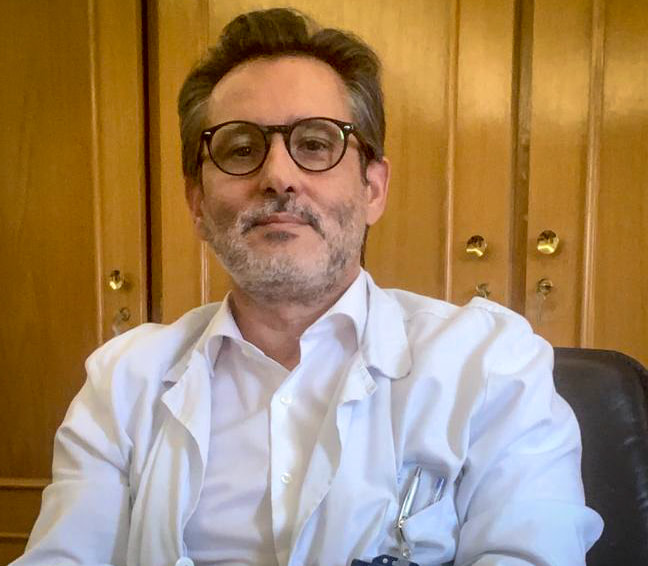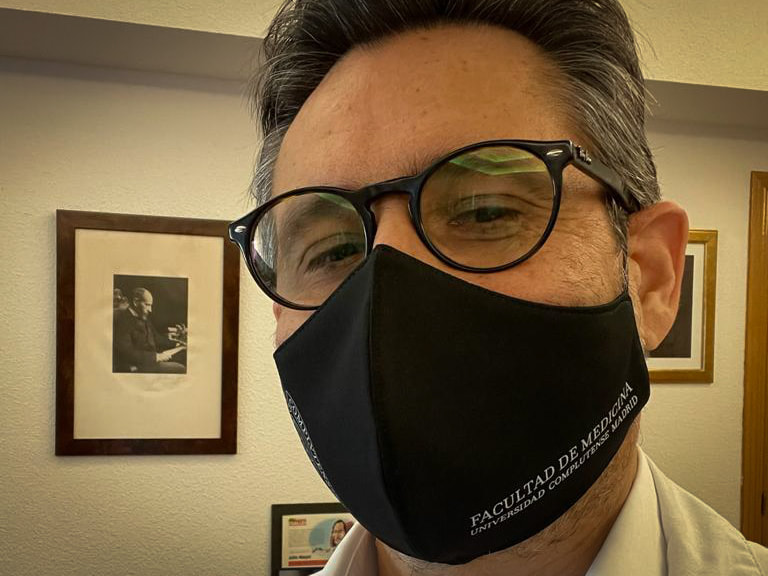|
Throughout this Covid-19 pandemic, we have again realized that everything is related and connected. Yet, everything is dysfunctional. We have also observed, painfully, that any solution to a complex problem, surrounded by uncertainty, requires a holistic and systemic approach, with both multidisciplinary and interdisciplinary cooperation. When challenged by the ongoing crisis, surgeons and other healthcare professionals have responded by actively engaging and connecting through digital media to share knowledge and solve problems. Actually, as highlighted by bestselling author Yuval Noah Harari, fear, gossip and fantasy have been the key elements that have united the members of our species in complex social groups to confront risk and reshape reality. For surgeons, #GlobalSurgery has become more important than ever before. The British physician Sir Muir Gray identified a series of major issues, shared by all healthcare systems, concerning quality, equity and the use of resources, among others. Responding to these, in my opinion, should be a priority for #GlobalSurgery. Healthcare models must be transformed to focus on generating value –not just on promoting the industrialized production of surgical procedures and services–. And value is different for different stakeholders: from allocation of resources, to technical, personalised and population value. Fortunately, the initiatives launched by surgeons, anaesthesiologists, and other healthcare professionals to move #GlobalSurgery forward are an example of collaboration, even more so during the Covid-19 pandemic. In this new context, social media and other videoconferencing technology platforms are instrumental to bringing change. Social media, since its introduction in the first decade of the 21st century, has made it possible to connect students, residents and surgeons in different stages of training, regardless of distance, borders or differences in time, language, or culture. By eliminating the hierarchy, the communication flows have been enriched. In fact, surgical knowledge is ubiquitous. It is truly shared and distributed globally at present. There are many examples of actions and activities that are contributing to the new #GlobalSurgery culture: communities of practice on social networks such as Facebook, videos on surgical technique on Youtube and other video platforms (AIS Channel, WebSurg, etc.), mobile applications for cognitive training (TouchSurgery), transmission of surgery congresses on digital platforms (American College of Surgeons Clinical Congress, National Congress of Surgery of Spain, Congress of the Colombian Association of Surgery, etc) or the conversation # SoMe4Surgery on Twitter. Communication among surgeons, other healthcare professionals and patients through social media can have many advantages, but also some disadvantages. The objective of improving surgical practice and making it safer can be achieved through the creation of knowledge-based networks that respond quickly and flexibly to local societal conditions and to the quick changes faced by professionals and practitioners in healthcare services. However, we must avoid echo chambers, which prevent divergent opinions, and eliminate critical thinking and, therefore, scientific advance. For this reason, I propose that professionals participating in social media look for connections with trustworthy people, in platforms with a greater diversity and with higher density of interactions. A place where ideas flow freely and among people who look for evolving through learning. For sharing beyond the usual silos building a creative and safe community of thinkers who want to grow bigger in surgical knowledge. In order to do so and to promote safe surgical practice in a globalized digital world, it is essential that we keep alive and running four key actions: connection, contagion, feedback and impact. They need to be embedded in an ethical framework structured around values –such as trust, autonomy, equity and justice, and beneficence– that will ensure that we don’t stop moving forwards. Especially, in these uncertain times where we need to surge ahead. Dr Julio Mayol is professor of surgery, and a member of the Center for Surgical Studies at the Universidad Complutense, Madrid. He is also Medical Director of the Hospital Clínico San Carlos, and the Director of the Innovation Unit of the San Carlos Health Research Institute. Watch the conversation with Dr Julio Mayol in Surge Ahead here.
1 Comment
|



 RSS Feed
RSS Feed